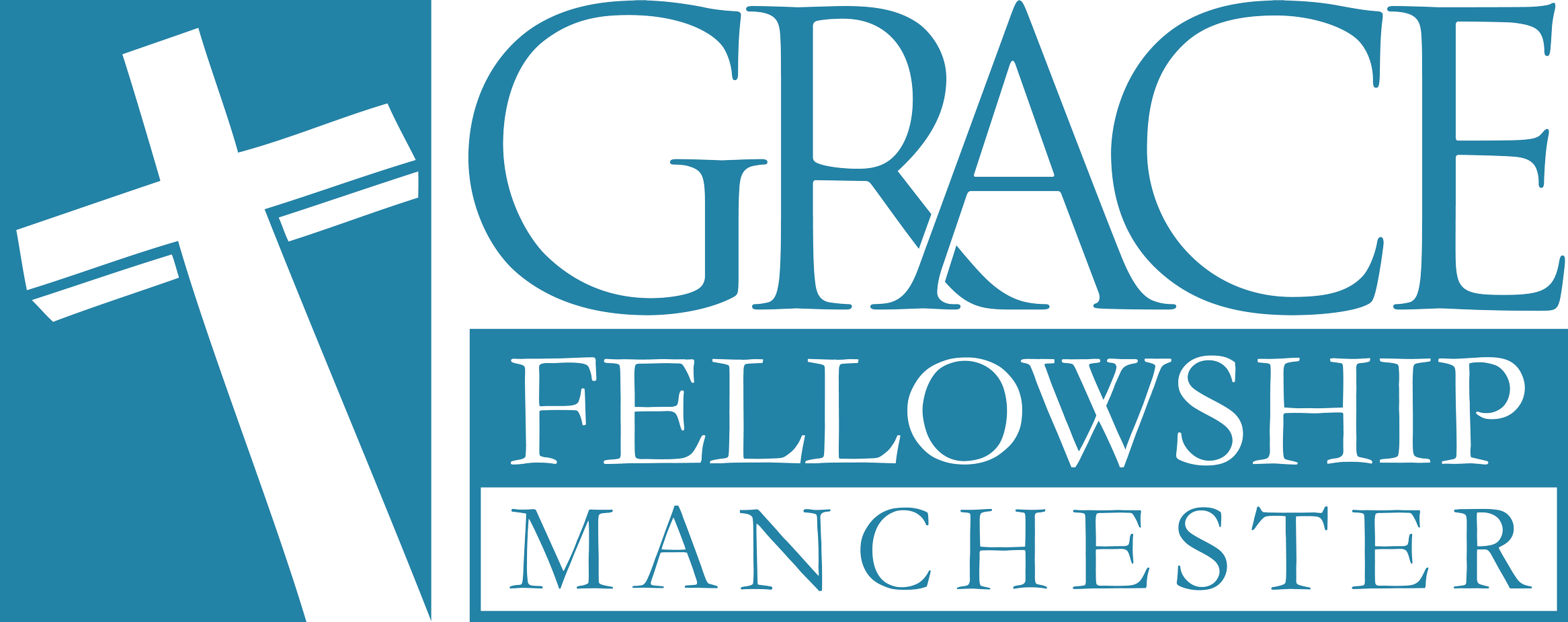>When the town-crier comes through the street he opens his mouth and he’s a free man. He’s free in the sense that he’s not biting his nails nervously wondering “Oh, how will this news fall upon the ears of Mrs. So and So in the light of what I happen to know about her through my second cousin and her aunt who lives around the corner. I’m just….oh my….I’m just.” No, no!
The town-crier opens his mouth and he heralds the message! Why? Because he’s conscious of his identity as a herald appointed by the sovereign to his task. That was the mark of the preaching owned of God at Iconium. These men so spake. That was one of the marks of their preaching when they beheld the boldness of Peter and John, they perceived that they were unlearned and ignorant men.
In other words, it was not boldness fostered by and buttressed with credentials that would impress the world. Just the opposite was true. It was the very fact that they didn’t have the world’s credentials and yet dared to hurl the word of God into the consciences of men.
They said, “What in the world makes these men tick? They are unlearned and ignorant men in terms of our standards of what makes a man competent to speak to others. They’re fisherman and they’re talking to us – the doctors of the law. That ain’t kosher! “Don’t you know we know philosophy. What do you know about philosophy?”
“Not too much, except God calls it the wisdom of this world which comes to naught.”
“Well, don’t you know that’s insulting to Plato and to Socrates?”
“Sorry fellows.”
“The wisdom of this world that comes to naught – what do you know of it?”
“Not much”
“What do you know of the world’s opinion of this and that?”
“Not much.”
“Well, what in the world do you know?”
“I know my Master’s message.”
“And when they beheld the boldness of Peter and John perceiving they were unlearned and ignorant men they took note of them that they had been with Jesus.”
What is essential is that in this formative period God molds men who understand their identity as the heralds of God so that holy boldness marks their preaching, boldness that will be suffused with tenderness and with gentleness. Many times perhaps with the softest tones of entreaty but never marked by that nervous biting of the nails because “Oh this might offend this one and that truth may offend another”, men who speak with all calling forth of the message of their Master, and that’s a spiritual quality – not a personality characteristic.
That’s why Paul asked Christians to pray that God would give it to him. Isn’t that what he said in Ephesians? He said, “Pray for all saints and pray for me.” That what may be given to me? What did he pray for? “That boldness may be given unto me. That I may open my mouth and speak boldly as I ought to speak.”
When our Lord himself preaches the gospel how does he preach it? He says, “He that believeth not is condemned already.” He doesn’t put the emphasis on, “Oh well, you don’t have the fullness of joy and peace that you could have.” Now that is a truth, but I’m saying that’s not the predominant emphasis of Scripture. There on the day of Pentecost what does it say when they heard these things? Did they started to jump up with eagerness saying, ‘Oh that’s wonderful! You’ve got something better than we’ve got.’ No. It says they were stabbed to the heart and they cried out, “What shall we do?”
What happened to the Philippian jailer? The same thing. He comes in trembling saying, “Sirs. what must I do to be saved?”
You see when the town-crier came, he never came with trivia. And I say to you men, on whom God has laid his hand. May God shut your mouth the day seriousness ceases to be one of the predominant characteristics of your preaching.
Do you believe in heaven with all its glories? And do you believe in hell with all its frightening agonies? Do you believe that weeping and wailing and gnashing of teeth are not poetic images? Then in God’s name, how can we help but be serious? And that’s why I say to every unconverted man or woman boy or girl. God have mercy upon you if you trifle with the gospel. It’s life to life and death to death.
– Al Martin

